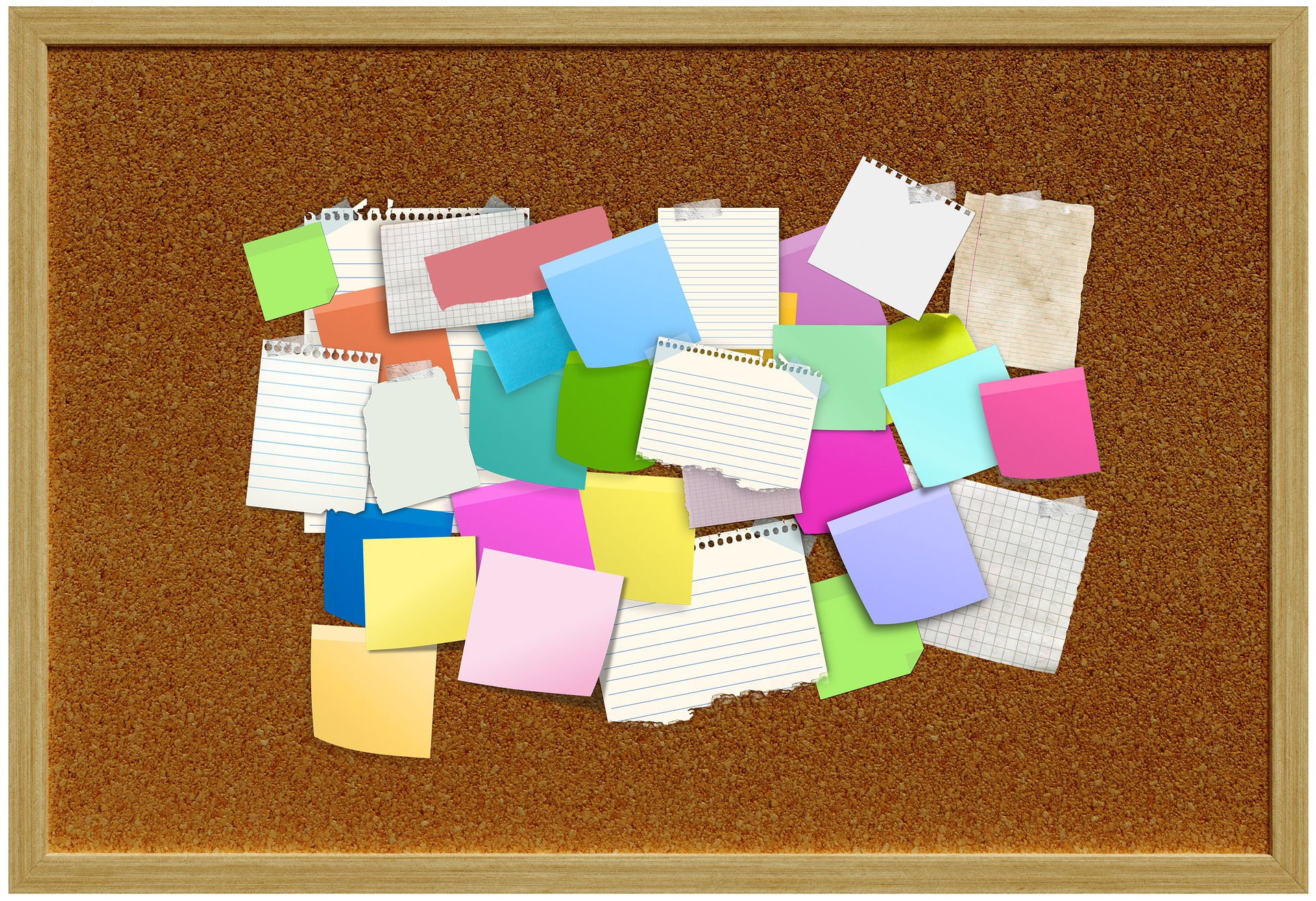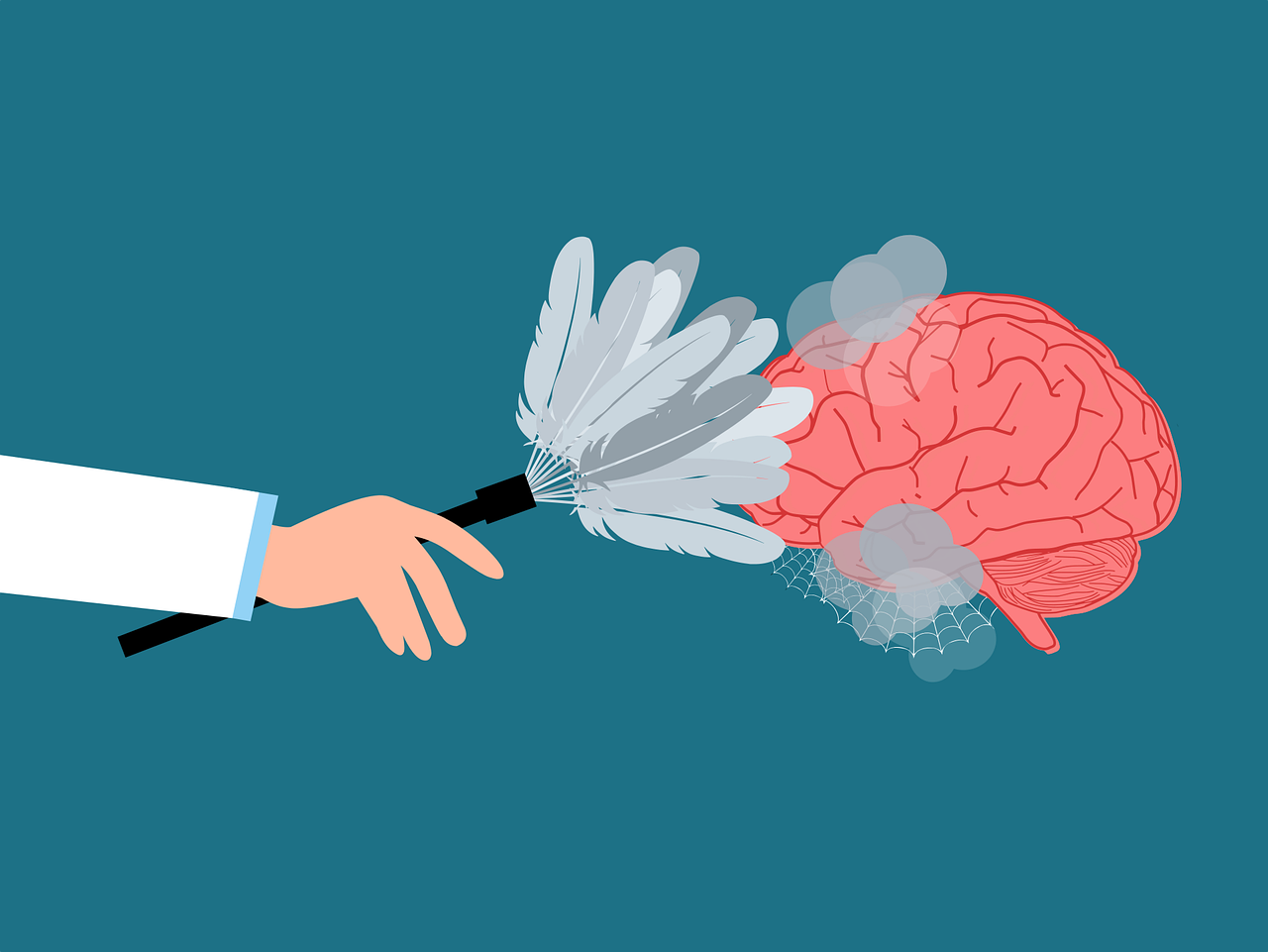Steps to Clear Your Mind of Unfinished Tasks
Do you often think of tasks you should have done or should have finished, but, as they were not very urgent or you did not like them, you have been postponing them for a while? How do you feel when you think about such a task? Maybe you feel guilty or blame yourself for not being lazy or "good for nothing", etc. Instead of blaming yourself and having negative emotions, clear the stress caused by these unfinished tasks by dealing with them regularly.
Do you often think of tasks you should have done or should have finished, but, as they were not very urgent or you did not like them, you have been postponing them for a while? How do you feel when you think about such a task? Maybe you feel guilty or blame yourself for not being lazy or "good for nothing", etc. Instead of blaming yourself and having negative emotions, clear the stress caused by these unfinished tasks by dealing with them regularly.

Steps to clear your mind from all the unfinished tasks:
1. Brainstorm the unfinished tasks: Take a blank sheet of paper and a pen. Set aside 10 minutes for brainstorming. List as many unfinished tasks as come to your mind in 10 minutes. Do not judge the ideas, just put them on paper.
2. Review the tasks on your list. Are they really unfinished? It doesn't matter why they are unfinished. Maybe the reason is outside you, and you must wait for someone to finish a related task. It is not necessary to be over the deadline. The task could be unfinished because you procrastinated taking certain actions. Your mind doesn't make a difference between these tasks based on the reasons for being unfinished. What counts is that they linger in your mind with the red label: "Something has to be done with it!"
Do not start blaming yourself or others for the unfinished tasks because it will cause even more stress. If any other tasks come to your mind, write them down. Finalise your unfinished task list.
3. Release negative emotions: If you feel guilty or angry with yourself or someone else because of the unfinished tasks, do a forgiveness or release ritual. You can use tapping, visualisation, journaling, Ho'oponopono, etc.
4. Categorise unfinished tasks: Go through your list and decide what you will do about each task. Order the tasks in the following 4 categories:
- Solve now: The tasks that can be dealt with in a maximum of five minutes.
- Solve later: The tasks you finish later. Do not detail the steps at this phase.
- Delegate: Tasks that can be carried out by someone else. Do not decide about the person now.
- Archive: These tasks do not need any intervention because they are already finished or the time elapsed has made them obsolete.
5. Finish the tasks you have put in the "Solve now" category. Maybe you need to add the files to a specific folder or send a closing email to someone. Do these tasks now! After finalising a task, delete it from your To-Do list by crossing it out with a red pen on the list. Write next to it "Finished." This will send the necessary signal to your mind to clear it because it doesn't require your attention anymore.
6. Give a deadline to finish each task you put on the "Solve later" list. If needed, write down the actions you need to take to finish that task. Take care to add these tasks to your daily or weekly planning system. Cross these tasks with a red pen on the unfinished tasks list to signal your mind that you have dealt with them. Write next to them "Finished" even if they are not finished, but you finished dealing with them as unfinished tasks.
7. Look at the list of tasks you can delegate and decide whom you want to delegate each task. Put a deadline for each task. Tell the chosen persons what they need to do and by when. If there are many tasks of this nature, choose the most urgent one to delegate. Add the rest of the tasks to be delegated to your weekly planning. Do the same with the tasks requiring more time to be delegated because you must discuss in detail how to perform the task and the expected results. Don't forget to cross off the tasks on your original list.
8. The tasks in the "Archive" category might only require mental archiving. Go through your list. If a task requires physical or electronic archiving, move the physical or electronic task folder from the running to the finished project category. Cross with red colour each task you have archived or has become obsolete and doesn't require any intervention, and write next to it "Finished".
9. Celebrate and reward yourself when you have cleared all your unfinished tasks from the list.
Perform this exercise from time to time. In the beginning, you might have a long list of unfinished tasks. Start with the important and urgent ones. Do this exercise at the end of each month until your list diminishes. Train yourself to finish the tasks even if the last action is simple, unimportant or boring (for example, archiving documents, destroying intermediary documents, etc.). This helps your subconscious mind "to understand" that the task is finished and can erase it from its to-do list. As finishing tasks becomes a habit, you may increase the period of repeating the exercise, for example, every three months.

